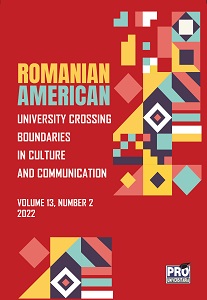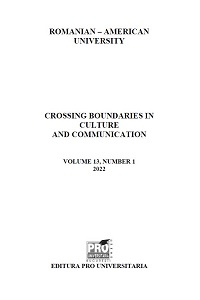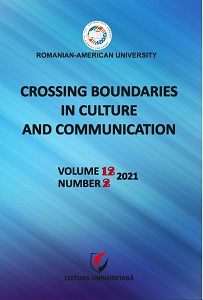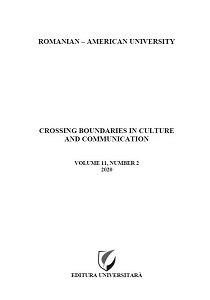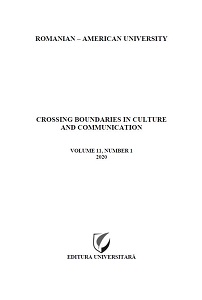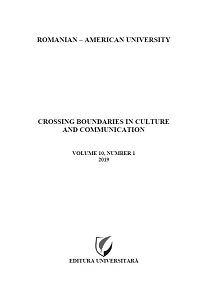Author(s): Gian Maria Forni / Language(s): Italian
Issue: 1/2020
According to the most recent “National Guidelines for Customized Curriculum in Middle School, Grade I,” the former middle schools tend to take a back seat to curriculum, planning it as mere mnemonic and dogmatic knowledge of data, facts and names, in favor of other, much higher goals: "moving from a primary education to a first grade secondary school means dealing with the problem of a model. [...] Yet to know in a “secondary” manner is to use the constructs of the explanatory mind which are based on an appropriate use of analogy. [...] [In] the mathematical-scientific field [...] special importance is given to the methods, through which the scientific description of the world is elaborated, focusing especially on the process of mathematization of physical objects and on the constitution in consequence of a model that literally replaces real objects"1. These objectives are broad and absolutely necessary to make students become more than simple containers of uncritical notions, but also and above all Italian and world citizens, with broad thinking and their own critical thinking. But these are objectives, which each teachers tend to achieve in their own way, making use of their interdisciplinary and multidisciplinary knowledge. The method and the knowledge are often difficult to put into practice with the textbooks provided by the publishers, despite the good intentions of the authors and of the same publishers. It is not unusual for teachers, especially those of humanities, when choosing textbooks, to be confused when they see the available offer. For example, regarding the Italian language, there are books that provide a good anthology of texts, but these textbooks are weak in terms of exercises or explanations. In terms of history, some textbooks tend to skim topics that a teacher might want to explore; or, they offer other outdated exercise books that require notional completion. These are just a few examples. Personally, as a teacher, I tend to integrate the topics covered in different textbooks (Italian, History and Geography) with numerous handouts, as a result of the often present flaws, which I mentioned above. So do many of my colleagues. To overcome these limitations and to deal with different teaching methodologies among different teachers, tools could be created to create modular textbooks, “assembled” by teachers at the beginning of the three-year period, at the beginning of the school year, or during the school year, as the case may be. What I will explain is an idea not only to make teaching work more organic but also to create a more pleasant environment for students.
More...
